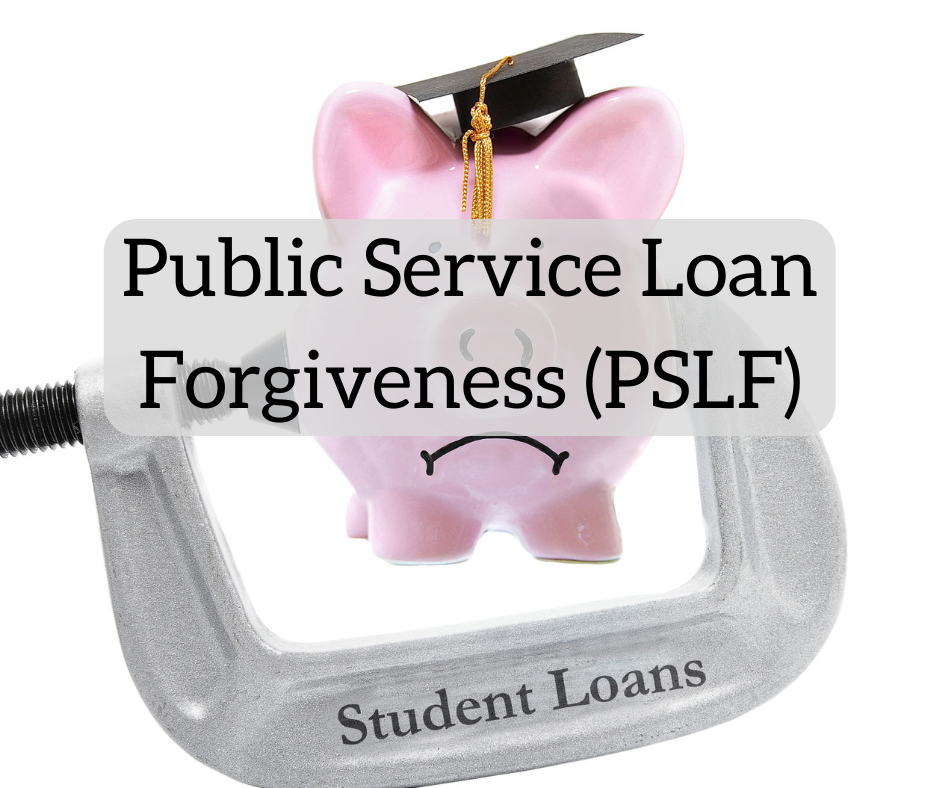- Joined
- Mar 13, 2017
- Messages
- 165
- Reaction score
- 215
I've done several forum searches re: financial advice for new attendings, but much of the information is scattered and I'm curious what this particular forum thinks considering my current situation.
When I graduate residency, I will be 40 with 450k in federal student debt (400 principal, 50k interest for those curious), married with 2 kids < 6. I will likely be on the West coast (which is home) where COL is higher and hoping to pay off my student loans as quickly as possible while also trying to save semi-aggressively for retirement. I will likely be in MD-only PP which seems to pay ~350-400k (more/less depending on vacation) based on my discussions with a few groups and friends that work in the area where I hope to land.
Based on a rough budget, I'm hoping to pay off my fed loans in ~5 years, which means I will be putting ~8k/month toward them (rough estimate contingent on refinancing and a few other factors). I'm curious what tax-advantaged or taxable accounts I should be using when the time comes. Obviously 401k, HSA if available, and roth conversions, but what are other people doing early in their career to maximize their retirement savings and how does this change once the loans are paid off? How much does everyone put toward retirement/investing in a given year? How should I think about saving for emergency fund/house downpayment vs. maximizing retirement savings early in my career? My wife works a stable job that will provide some supplementation, and we're planning on living like a resident until the loans are paid off. Thanks in advance!
When I graduate residency, I will be 40 with 450k in federal student debt (400 principal, 50k interest for those curious), married with 2 kids < 6. I will likely be on the West coast (which is home) where COL is higher and hoping to pay off my student loans as quickly as possible while also trying to save semi-aggressively for retirement. I will likely be in MD-only PP which seems to pay ~350-400k (more/less depending on vacation) based on my discussions with a few groups and friends that work in the area where I hope to land.
Based on a rough budget, I'm hoping to pay off my fed loans in ~5 years, which means I will be putting ~8k/month toward them (rough estimate contingent on refinancing and a few other factors). I'm curious what tax-advantaged or taxable accounts I should be using when the time comes. Obviously 401k, HSA if available, and roth conversions, but what are other people doing early in their career to maximize their retirement savings and how does this change once the loans are paid off? How much does everyone put toward retirement/investing in a given year? How should I think about saving for emergency fund/house downpayment vs. maximizing retirement savings early in my career? My wife works a stable job that will provide some supplementation, and we're planning on living like a resident until the loans are paid off. Thanks in advance!



